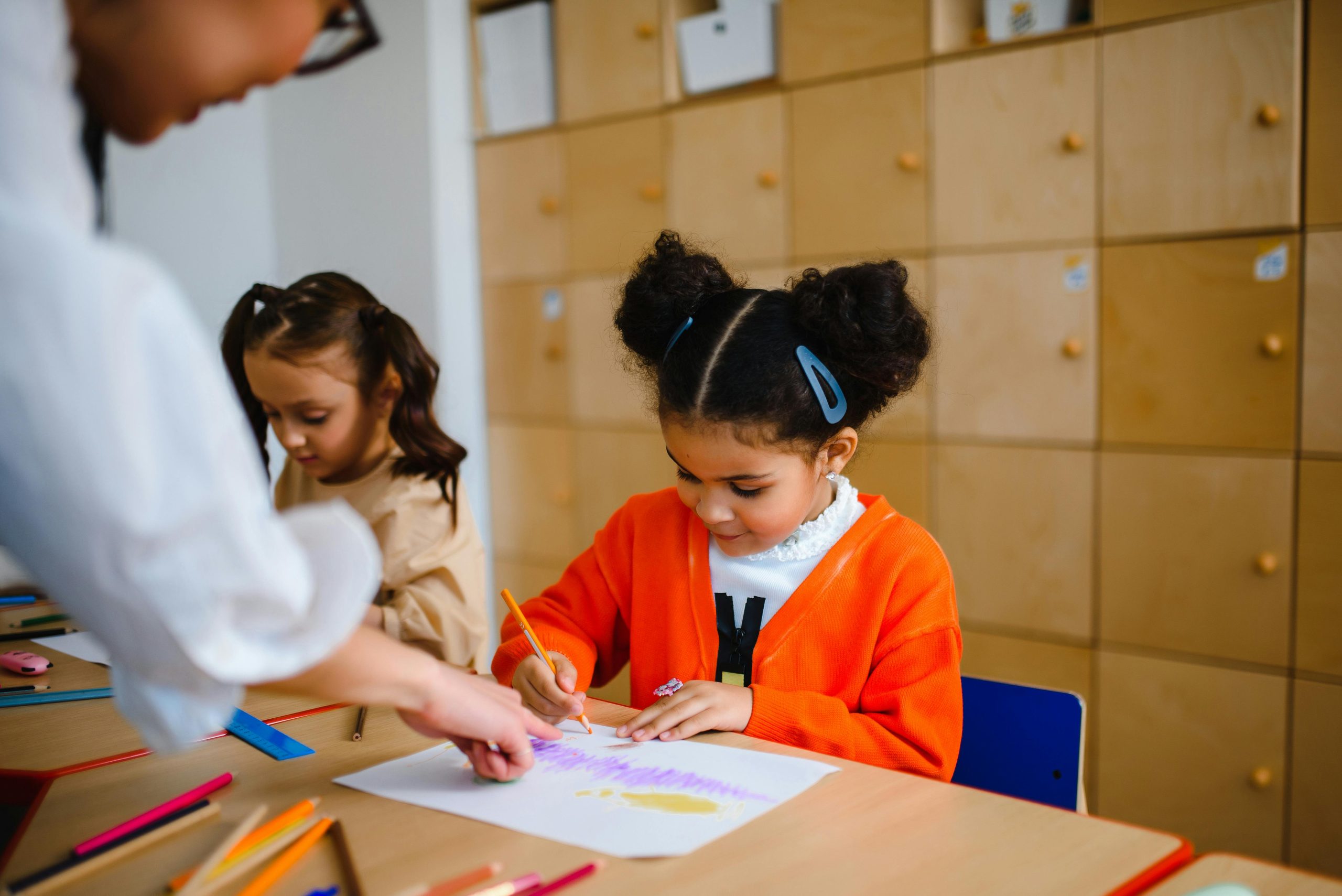

By Dr Georgia Meisel, Child Psychologist at Kidswell Health
The move from nursery to primary school feels like a huge step. It’s the first time many children will spend long stretches of the day away from home and their familiar carers, in a structured environment. Excitement and nerves often come hand in hand, both for children and parents.
It’s natural for your child to feel anxious about starting “big school.” New classrooms, uniforms, teachers, and friends can all feel overwhelming. The good news is there are simple ways you can prepare your child and ease this transition. Our child psychologists at Kidswell Health have shared practical tips to help your little one feel more confident and secure as they begin this new chapter.
Why the transition can feel daunting
Moving up to primary school isn’t just about learning ABCs and numbers, it’s a big developmental milestone. Children are asked to adapt to:
It’s no surprise that some children feel worried or clingy in the early weeks. Separation anxiety is very common at this age, but with reassurance and preparation, most children adjust within a few weeks.
Help your child picture what school will be like. Walk past the gates together, show them the playground, or look at photos of the classroom if the school has them online. Reading picture books about starting school can also help spark conversations and reassure them that their feelings are normal.
Structure provides security. In the weeks before term starts, practise the school morning routine – waking up at the right time, having breakfast, getting dressed, and packing a bag. This helps reduce stress on the first day and makes the routine feel familiar.
Long, emotional farewells can increase anxiety. Instead, keep drop-offs brief but warm. A reassuring hug, a simple “Have a great day, I’ll see you this afternoon,” and a confident exit helps your child feel safe.
Children feel more confident when they can manage small tasks on their own. Practise putting on shoes, zipping coats, or opening lunch boxes together. Celebrate these achievements so they feel proud of their growing independence.
Let your child know it’s okay to feel both excited and nervous. Share stories about a time when you felt a bit worried about something new but it turned out well. This helps them see that anxiety is temporary and manageable.
Most children adjust to school within a few weeks. But if your child’s worries seem overwhelming, for example, if they cry for long periods, refuse to go to school, struggle to sleep, or complain of stomach aches linked to anxiety, it may be time to seek professional support.
At Kidswell Health, our child psychologists can work with you and your child to build coping strategies and ease the transition. Early support can make a big difference in helping your child feel settled and confident in their new environment.
Starting school is a big milestone for the whole family. While it’s normal for children to feel anxious about this change, preparation, reassurance, and patience go a long way. With your support — and, if needed, expert guidance from our team — your child can approach primary school with confidence.
✨ In Part 2 of our Back to School series, we’ll explore how to support children moving from primary to secondary school – another big leap that comes with its own challenges.
Learn about hand, foot and mouth disease in children - early signs, treatment, contagious period, and when your child can…
Learn about RSV symptoms, causes, and treatment. Understand how to spot signs early, protect your baby and when to seek…
When a child is finding emotions, behaviour, learning or relationships difficult, parents often come across many different professional titles and…
By Debra Silver, Paediatric Physiotherapist at Kidswell Health Watching your baby reach new milestones is one of the most exciting…
Learn about positional talipes in newborns and babies: causes, treatment, recovery time, and how physiotherapy at Kidswell Health can help.
Dr Mitsu Shah explains common side effects of baby vaccinations.